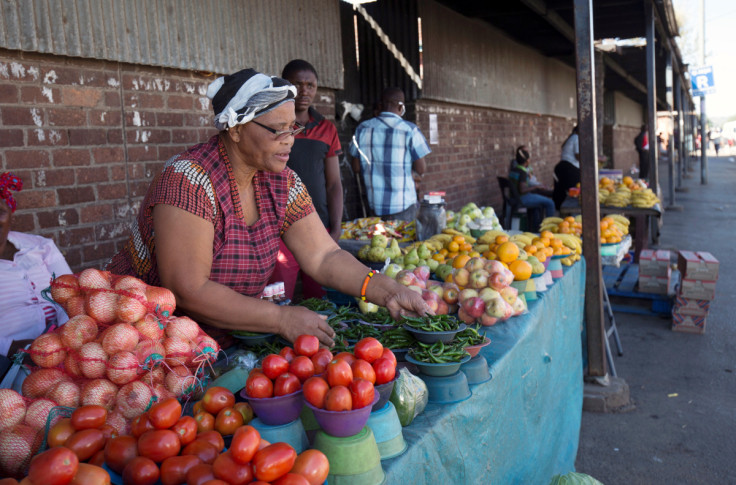FPMI To Launch Probe Into South Africa's Fresh Produce Value Chain
The Competition Commission is all set to launch an investigation into the fresh produce value chain through the Fresh Produce Market Inquiry (FPMI) from March 31 onwards.
This investigation is done to learn if any activities are done during food production to impede, restrict, or distort competition, which is eventually impacting the price hike in the market. FPMI's investigation will be focused on selective vegetables and fruits.
It will include fruits such as apples, citrus, bananas, pears, and table grapes while six vegetables will be checked including potatoes, onions, carrots, cabbage, tomatoes, and spinach.
"The food and the agro-processing sector has been a priority for the commission since 2008 due to its significant contribution to the economy broadly and its potential to serve as a driver of inclusive growth in the South African economy," the commission said, BusinessTech reported.
The commission continued, "It is for these reasons that the commission, through the FPMI, intends to conduct an inquiry into the fresh produce value chain, to understand its functioning and the features, or combination of features, that may be impeding competition and participation."
The inquiry will also focus on the value chain of food including how it is produced and eventually reached the store's shelves including retailers, processors and the export market.
The commission explained that FPMI's main objective "is to identify features, or combination of features, that inhibit or distort competition and participation in the fresh produce value chain."
"Where there are competition and/or public interest issues, the FPMI will provide recommendations to foster competition and ensure equitable and meaningful participation in the value chain for the benefit of all stakeholders as well as consumers in the economy," it added.
The dates and venues - where FPMI will conduct the inquiry over the next 18 months - will be disclosed soon. FPMI's ultimate aim is to learn about the problems that are impacting the functioning of the fresh produce value chain and bring a solution to it.
The commission published a study in 2021 and found out there is broad concern over the price level and volatility of pricing for fresh produce in South Africa.
According to the studies, fresh produce selling at high prices is creating a disproportionate effect on the poor and low-income earners, who spend most of their earnings on essential goods only.
According to Stats SA, food and non-alcoholic beverages in South Africa rose to 13.6% in February from 13.4% in January. One of the major reasons for increasing inflation in the country is load shedding and energy costs.
Eskom company is responsible for providing electricity throughout South Africa and it has struggled to meet the energy requirements, which eventually leads to a massive load-shedding problem in the country.
In total South Africa faced more than 200 days of power cuts last year due to which the country faced over $50 million of loss on daily basis, as per Council for Scientific and Industrial Research report.

© Copyright 2025 IBTimes ZA. All rights reserved.






















